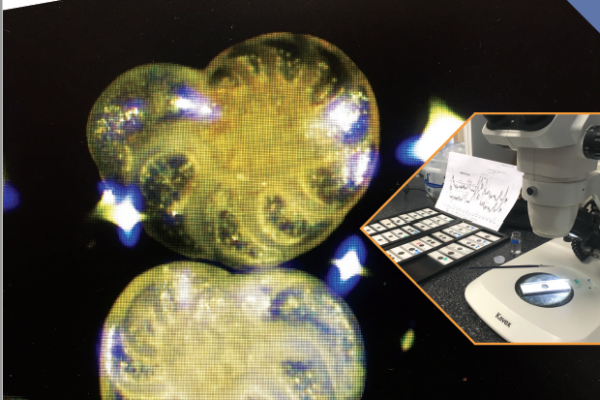Category: News

Annual Review 2023
Read More
Project Title: Remediation of Plastics in the Marine Environment
Pre-production plastic pellets (also known as nurdles) are the raw material used to create every day consumer plastics. The pellets are between 2-6mm in size and vary in colour. Nurdles are made in factories and transported to other plastic suppliers who melt them down and shape the required end product i.e. a plastic drinks bottle. Poor handling methods around factories and transportation of nurdles can cause them to spill into the environment, where they will ultimately end up in our oceans. Upon entering the ocean, they can be transported thousands of miles and wash up on beaches all over the world.
Nurdle polluted beaches can pose a serious threat to marine species. Nurdles are mistaken as a food source which can then lead to ingestion difficulties and death. Many studies have found various marine species with nurdles in their stomachs. My research project is studying an effective remediation strategy to clean up beaches that are polluted with nurdles. I have developed a design that will be tested on Limekilns beach in Fife, in hope that nurdles can be removed from the polluted beach. If successful, my design could then be used as a standardised method in dealing with beach clean ups globally.
“The Carnegie vacation scholarship has allowed me to further my research about plastic pollution. I had been developing a design and remediation strategy that will help clean up beaches littered with plastic pellets. I got as far as testing the design in the lab, however, through the vacation scholarship, I was able to test my design in the field and develop it further.”

Awarded: Undergraduate Vacation Scholarship
Field: Environmental Science
University: University of Strathclyde